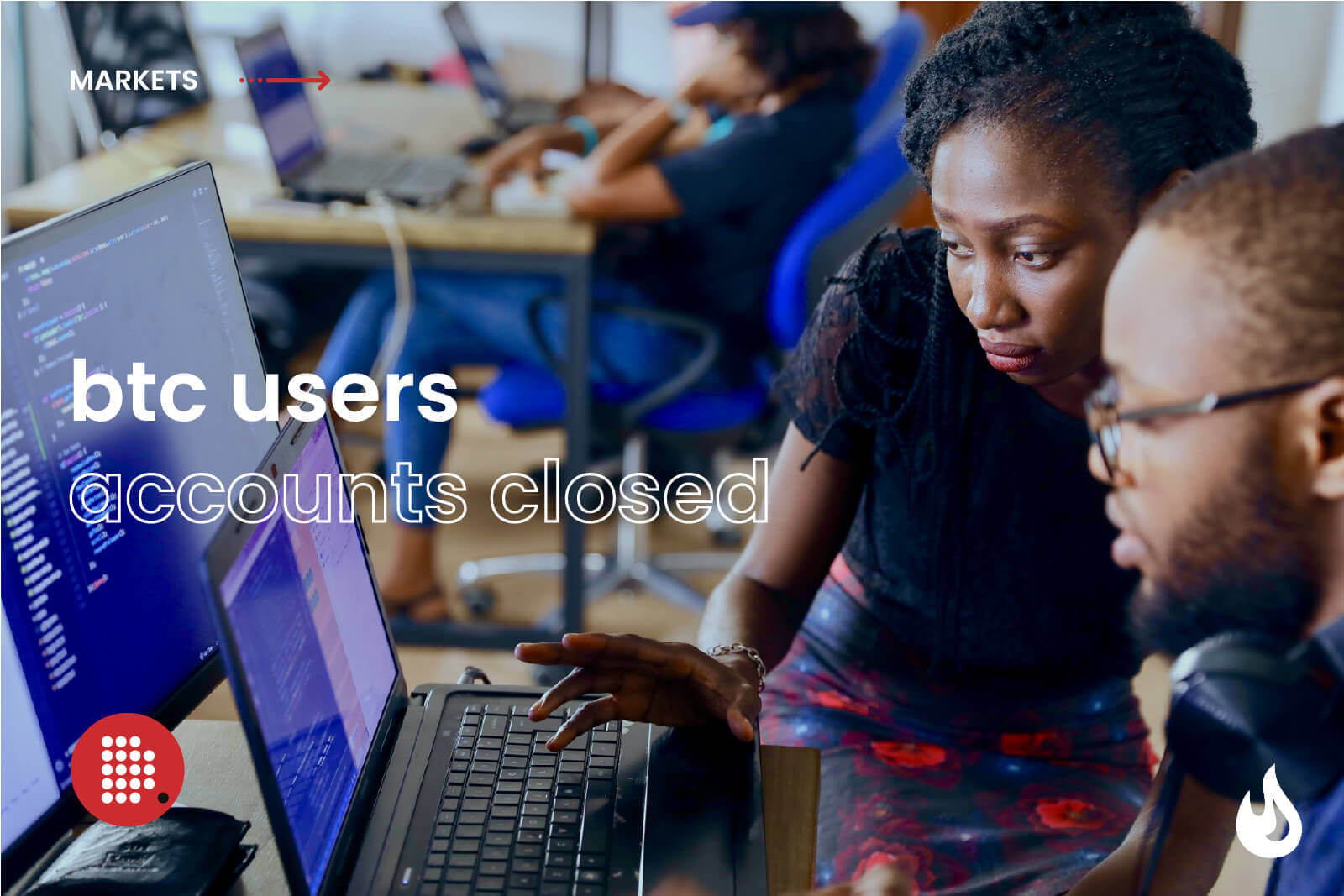
- Transactions on cryptocurrency accounts are banned in Nigeria.
- The country’s Securities and Exchange Commission (SEC) qualified cryptocurrencies to be securities last year.
The Central Bank of Nigeria ordered the local banks to close all users’ accounts that are related to the digital currency transfers. The statement was announced to all regulated financial institutions of Nigeria on February 5.
The CBN obliged financial service providers to identify both individual users and companies that are operating in cryptocurrencies and immediately close their bank accounts. The Central Bank warned of serious regulatory sanctions for anyone, who will not comply with the order.
The move can be a huge blow for Nigeria’s blockchain start-up economy that aims to develop a framework in various sectors and generate $10 billion in revenue within a decade.
Cryptocurrency status in Nigeria
With its population of over 200 million, Nigeria is the biggest economy in Africa. It is also one of the most Bitcoin-interested countries on the planet. The cryptocurrencies, however, have never been officially legalized and regulated in Nigeria.
Sponsored
Back in 2017, CNB has informed that both cryptocurrencies and cryptocurrency exchanges are not licensed or regulated by the Central Bank of Nigeria, and dealing with digital currencies or facilitating payments for crypto exchanges is illegal.
However, another regulator, the country’s Securities and Exchange Commission (SEC) issued regulatory guidelines last September, stating that digital currencies qualify as securities. The CBN move shows both regulatory institutions are shifting in different directions.
On the flipside
- Cryptocurrency adoption in the country is accelerating by around 20% per year.
- A young population, weak local currencies, corruption, and bureaucracy that complicates money transfers contributed to the growing usage of digital currencies in the region.
- CBN introduced foreign currency controls last year as the global pandemic and dropping oil prices reduced the number of dollars in the CBN reserves.
- The CBN statement comes after the EndSARS mass protests against police brutality in Nigeria that started in October last year and were mostly funded with crypto.
Crypto usage growing
The prohibitions though have no big impact on cryptocurrency usage in the country. According to its leading peer-to-peer BTC exchange Paxful, Nigerians traded over $566 million worth of Bitcoins within the past five years.
Sponsored
The second biggest BTC market in the continent, South Africa is also seeing the exponential growth of cryptocurrency usage. The country plans to apply rules to cryptocurrency service providers this year, that will have to register as financial services providers.
The third biggest African BTC marker, Kenya saw over 470% growth in Bitcoin trading volumes last year. The country taxed cryptocurrency exchanges with digital service tax (DST) of 1.5% of the gross transaction value on the first days of 2021.
However, Bitcoin and other digital currencies are still unregulated in the biggest African economies and their legal status remains unclear.
